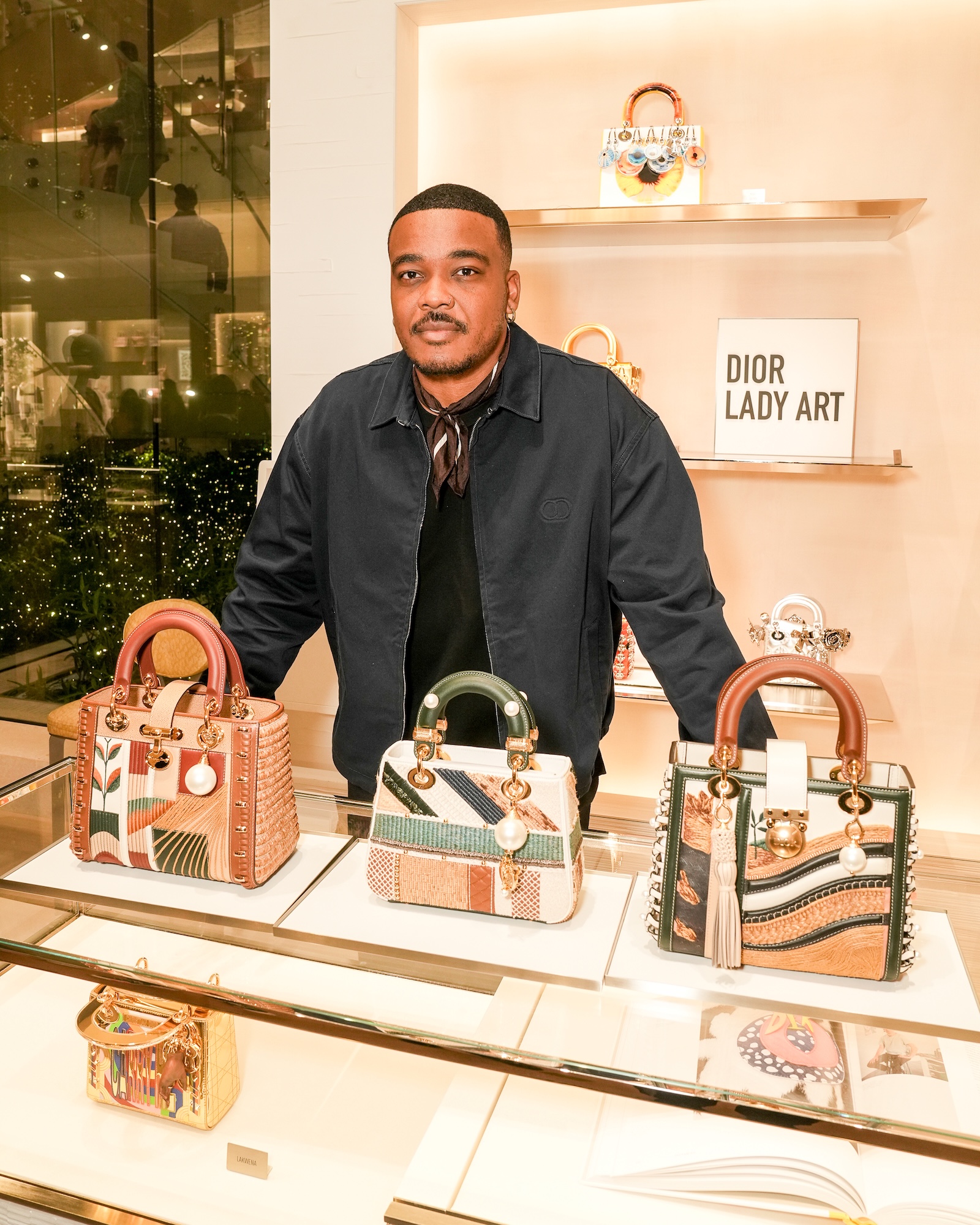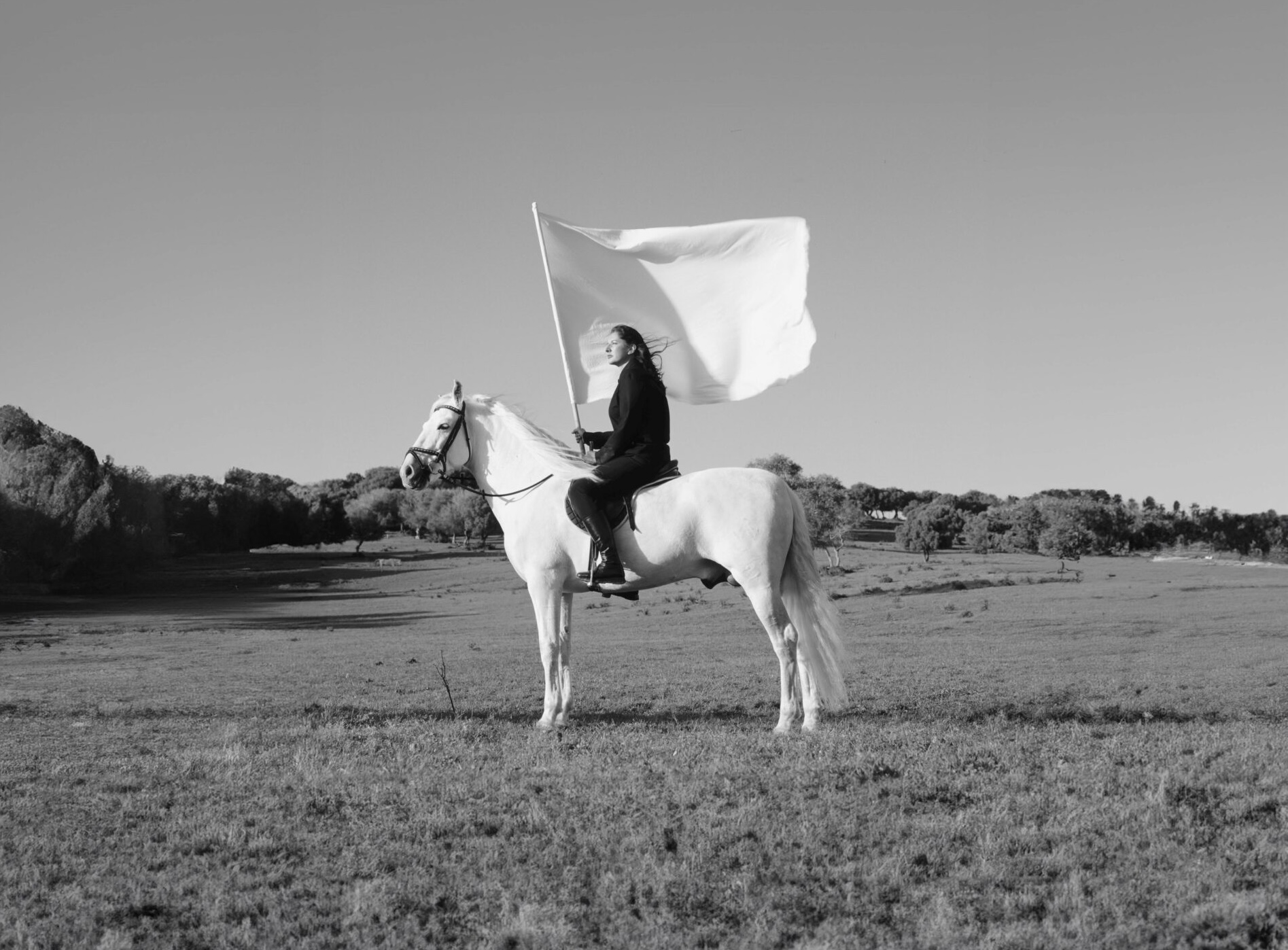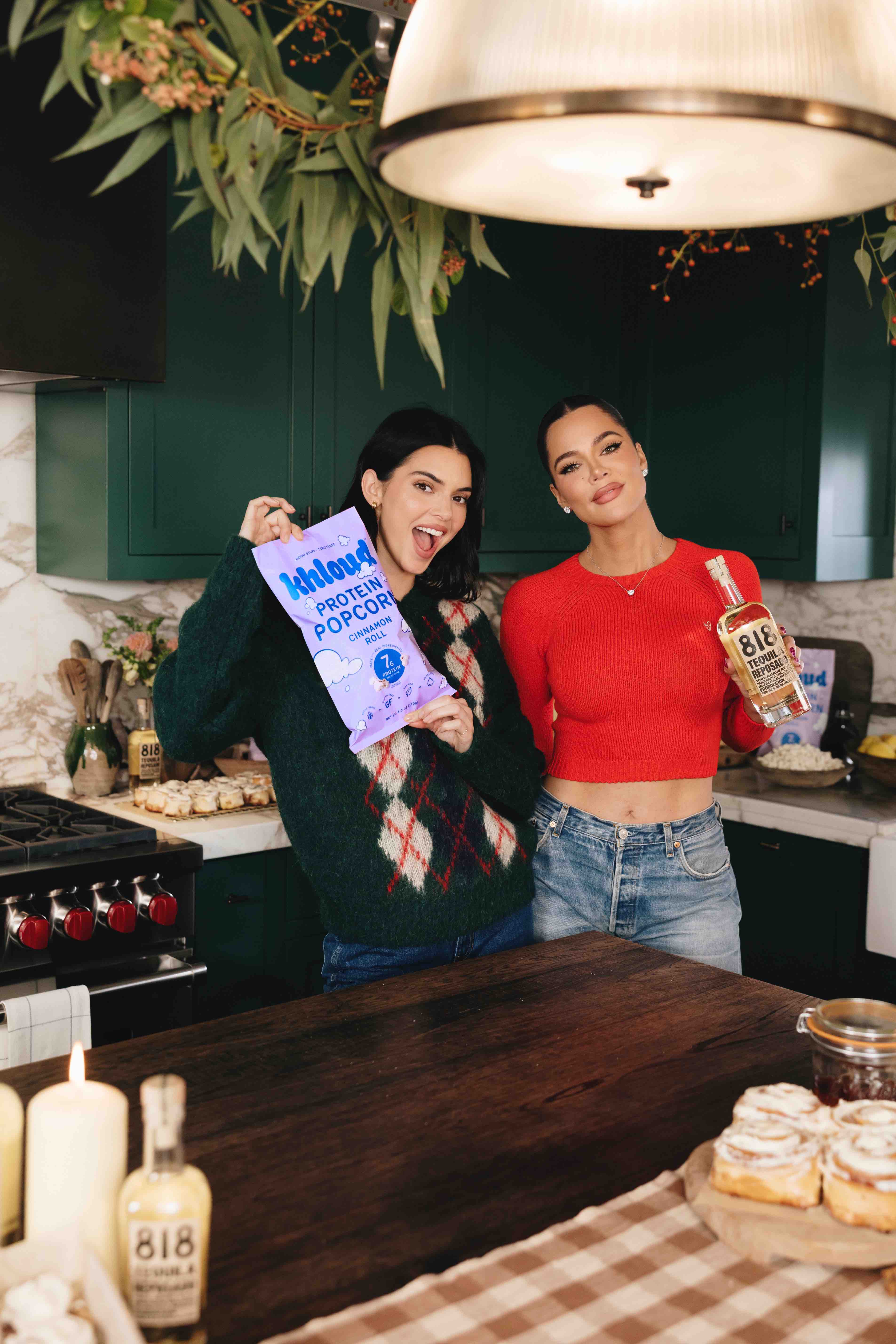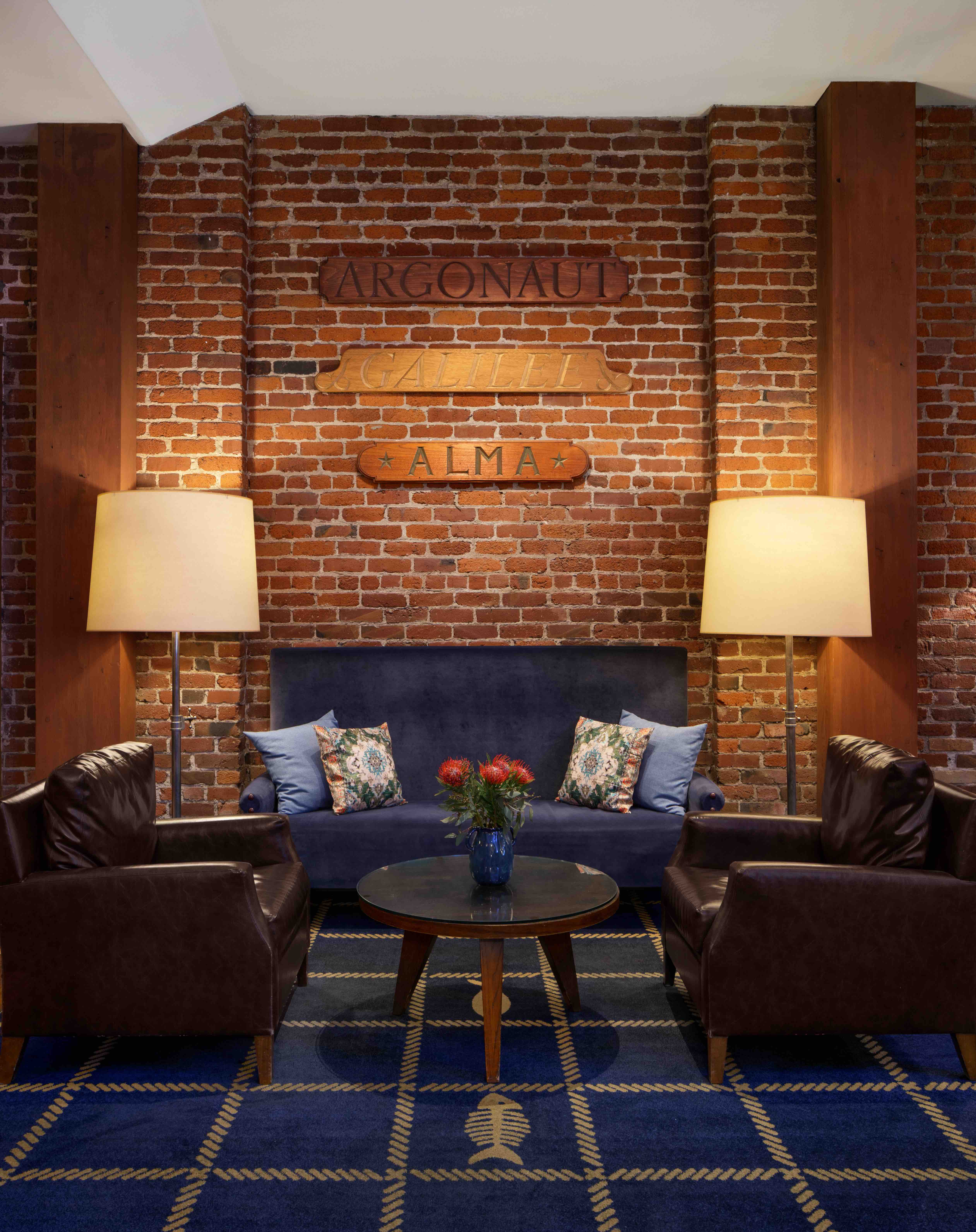
I don’t think it was a conscious decision to stay visible or not take my foot off the gas, sort of speak. Music has always been my outlet. This is just what I do and I don’t think I’ve ever honestly considered stopping. I feel like there’s still some uncertainty in the world regarding what’s going on, but anyone who pursues music, or any art for that matter, knows how much uncertainty there is even in terms of success. So, I guess, it was my only way of staying sane through it all. You were putting in some serious hours on Twitch and the Happy Accidents was really born from those isolated days in front of the camera. What was that experience like for you? I am really grateful for the streaming stuff for sure. Without it, I don’t think I would have taken the leap into doing some of the things I had always wanted to like getting a live modular act together. It was also really cool to get feedback on new music in real time. It really showed how strong the dance music community was and still is. That being said, whether it was playing a set to 25k or 25 people, it became incredibly isolating. I definitely feed off the energy of those around me; without face to face interaction, the whole thing really started to weigh on my mental health. Everything about it was very impactful — from the isolation to the projects that followed. Breakdown the concept of Happy Accidents for us from a musical standpoint. What was different about how the record was made and what was consistent with how you made music before? Well, my approach to music has always been the same I think. I rarely go into a session with a specific idea in mind. I try to let the ideas flow and find those little moments that catch my attention in the sound and melodies.
Happy Accidents is an exaggerated form of that. All the ideas from the album were started from roughly seven live modular jams recorded and tracked over the course of seven weeks. The jams themselves were simultaneously performed and composed in the same moment, fully improvised. So the ideas didn’t originate anywhere else besides the moments between the cables, the circuitry, and my fingertips. For the uninitiated, can you break down what modular synthesis is in layman's terms Modular synthesis is a lot simpler than its reputation. Each module has its own purpose. But because everything has to be connected by patch cables in order to work, the possibilities and worlds of sounds it can create are endless. It can be incredibly chaotic and unpredictable. I’ve always likened it to having a conversation because unlike its digital counterpart in VSTs, you can tell it what you want it to do, but it might tell you something surprising or unexpected back. Basically, in layman’s terms, modular synths are terrible for your credit score. What is your relationship with Dirtybird and Claude VonStroke like? Why was this the right home for the upcoming album Happy Accidents? One day, a few years back, I had too much music just sitting around and I thought ‘Fuck It’ and sent Dirtybird like 12 tracks. Claude signed a couple of EPs and some compilation tracks, and our friendship grew from there. Claude loved the live modular jams I did on the Dirtybird Twitch channel over quarantine and asked me to do an album. I’ll be honest, I was reluctant at first because I didn’t want to give up creative control over my music, since an album is somewhat of a big statement. But Claude trusted me to do what I wanted to do with it. Early Dirtybird was some of my biggest inspiration for diving deeper into sound design and groove. It feels very full circle to now be releasing my sophomore project with them and to also have Claude’s trust to create it. How did the collaboration come about on your new single ‘Ice Cream Cone’ with ClaudeVonStroke and vocals from Life on Planets? Well Claude and I had talked about collaborating on tracked when he first asked me to do the album. The track came together fairly quickly and it was a ton of fun to get in the studio with him. When he was leaving he mentioned that we should have some vocals that sort of captured the silliness of my modular jams on the DIRTYBIRD twitch streams and that I should write about going into an ice cream shop or something like that. When I sent him the first bounce, Claude’s first reaction was “I love this! I just wish you were good at singing!” Can always count on Claude for the constructive roasts. I knew this track would be perfect for Life on Planets. He’s got a really playful energy and it was awesome to be able to work on the lyrics and the melody with him in person. It seems like you really came from this world of west-coast rave being from Southern California. What were those early days of going to raves and festivals like for you? My first rave was actually EDC 2010. I had been making House music for a few years already and it kind of gave me that inspiration to keep going with it. Going to Coachella and Lightning in A Bottle shortly after kept that inspiration going. Then it was Dirtybird and Desert Hearts that really blew the lid. I knew exactly what kind of artist I wanted to be. Speaking of festivals, you recently spent a weekend at Dirtybird Campout West, what was your experience like there and how does it differ from other festivals you’ve been to in the past? I think DIRTYBIRD is a really special festival. The label has been the pulse of West Coast dance music for nearly 2 decades now. They’ve managed to gather a cult following and direct a lot of new ears towards a more, I’d maybe say, informed sound. The festival itself is like a summer camp for adults. So it’s become this cross section of incredible music and nostalgic playfulness. That being said, I’m feeling very grateful to have been a part of it. With all the momentum of my upcoming album, the set time I was given at the festival, and the creative liberties I felt confident enough to take for it, this last weekend was a very rewarding and emotional experience for me. I loved being a part of the activities, hanging with the campers, and hearing music from some of my favorite artists. It’s a festival that is truly unlike any other I’ve been to. Dance music aside, there is a real sense of musicality in your productions. Where does that come from? Did you grow up playing instruments? I feel very lucky for my musical upbringing. Classic Rock, R&B, and 90s / 00s electronica have always played a heavy influence on me growing up. I started with guitar when I was a kid then slowly picked up bass, drums, piano, and a few others. The visual accompaniment for your track ‘Ice Cream Cone’ by Alex Pelly is crazy. How did that relationship come about? What is special about how she created these visuals? Are there more coming? I was considering doing all the visual stuff myself — buying some video synthesis modules to create the visual counterpart. When I was researching what to get, I stumbled upon Alex Pelly. Her process to create her art was very similar to the process I was using for the album. So I knew that she would be a perfect match. She used her synths to analyze all the audio from my album and create visualizers for each track. Asylum is an insane track - what drove you to kick off the album with this as a single? What does it represent to you? Most of the album was pretty much done by the time I even started Asylum. Asylum, to me, is the perfect embodiment of what the album represents. I found a part of the jam where I was just going absolutely mad on one module. It was a bit of a eureka moment. It symbolizes an idea that was found in a moment rather than meticulously summoned. I see you rocking a pretty eclectic style on the road and in the studio on socials. How would you describe your style? I’d say eclectic is probably the best word for it. I get bored of one sound really easily so I always find myself wanting to throw in some rock, disco, or indie music. House music is such a saturated genre and yet has so much breadth. I love to vary the energy and styles of my sets.


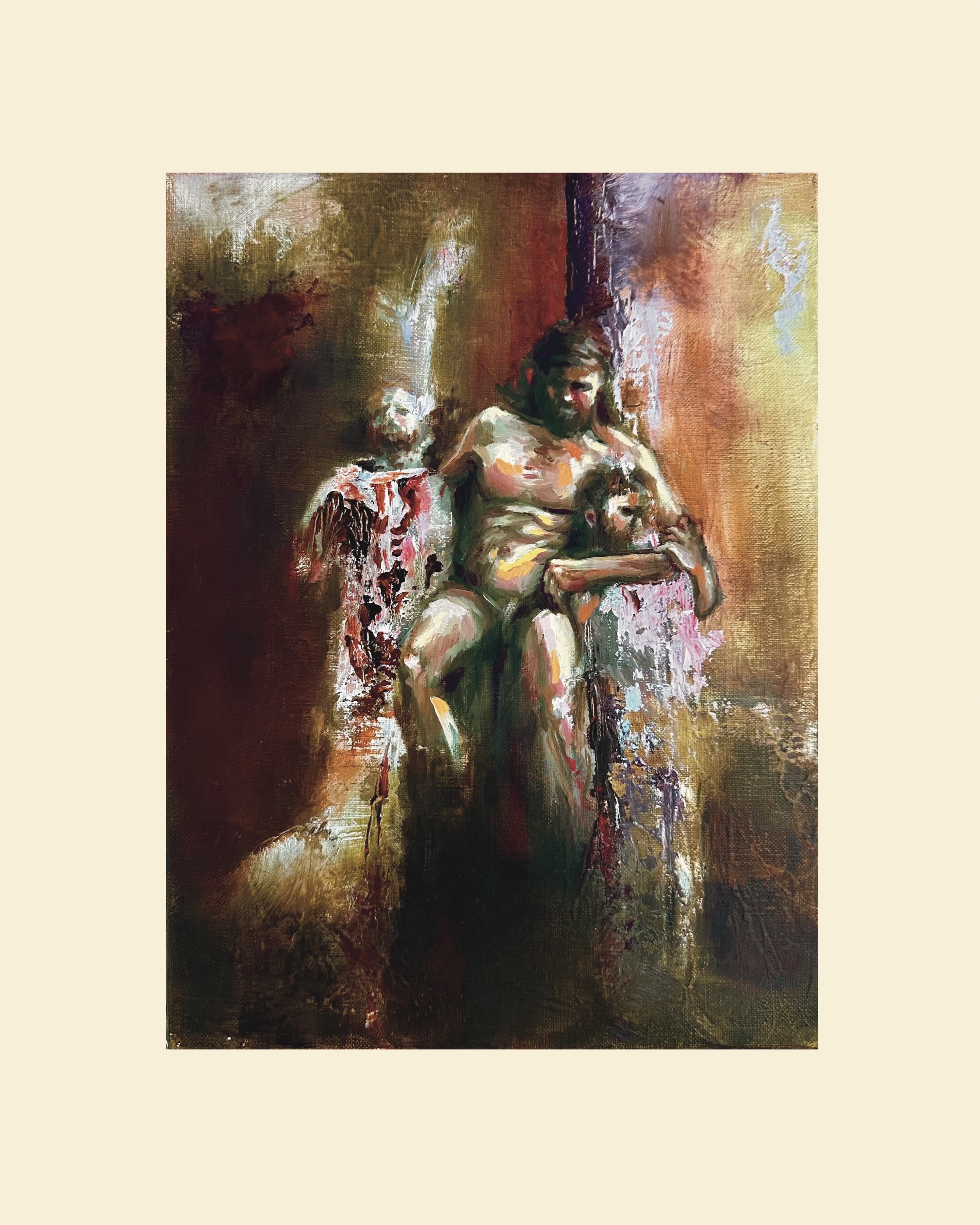

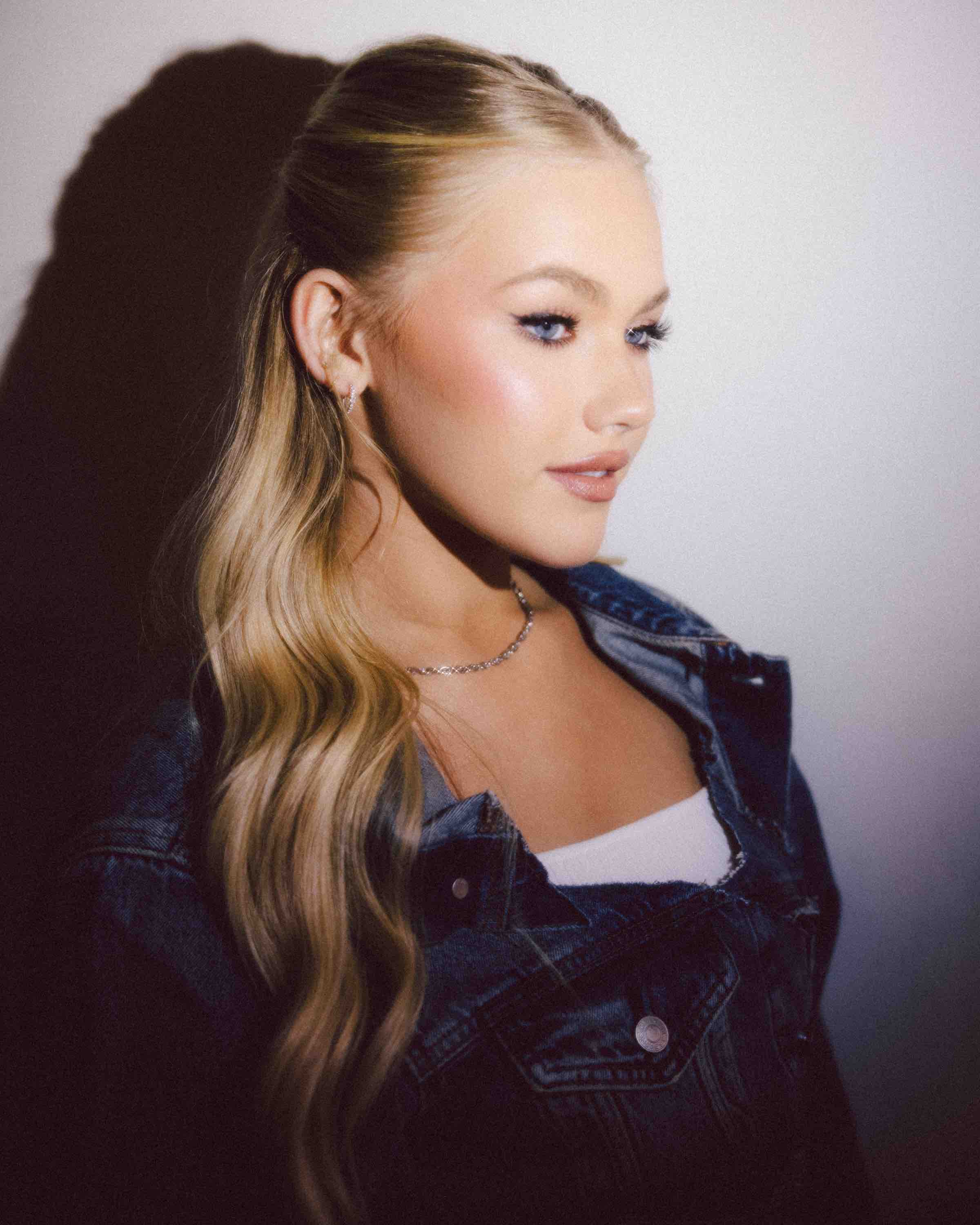
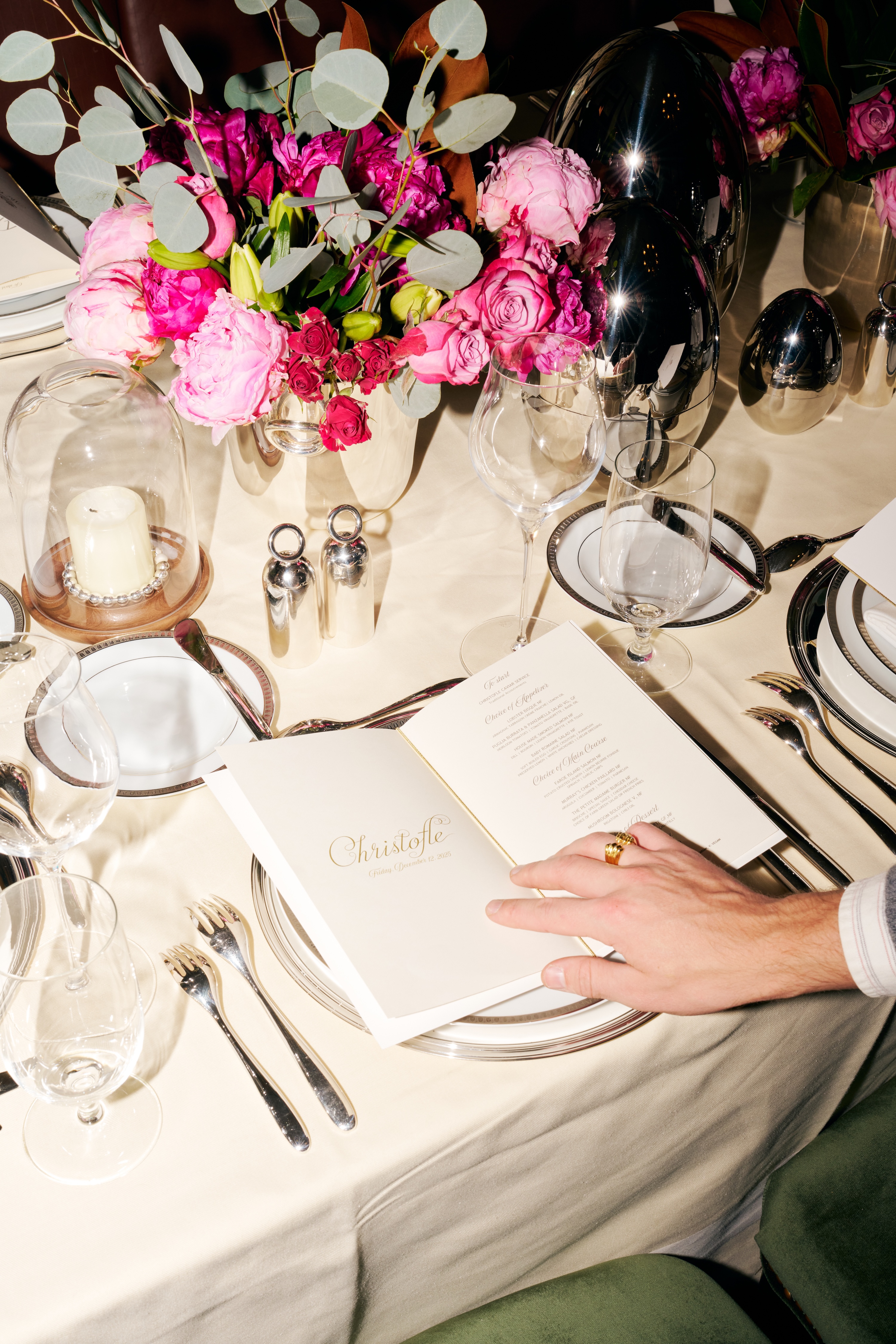
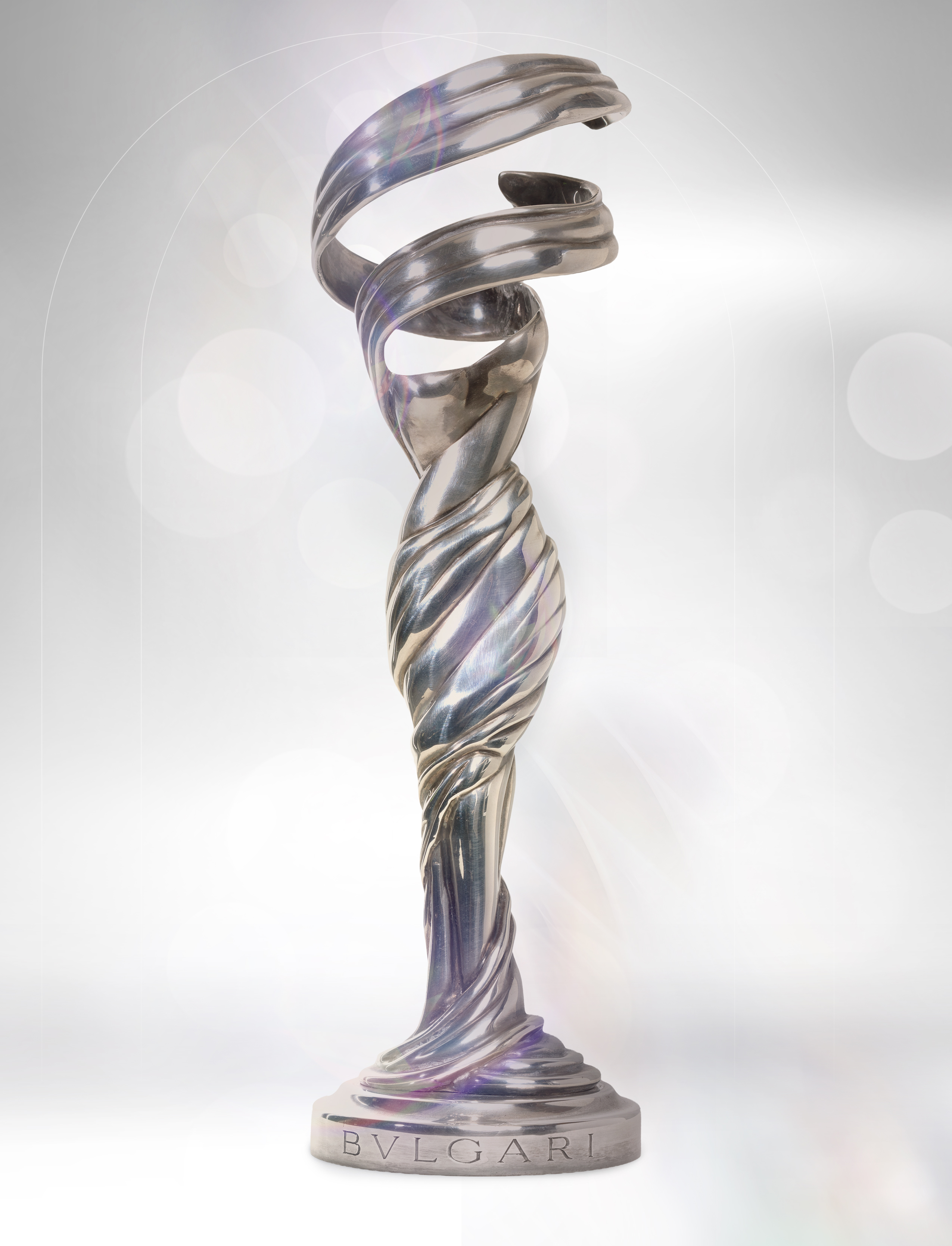
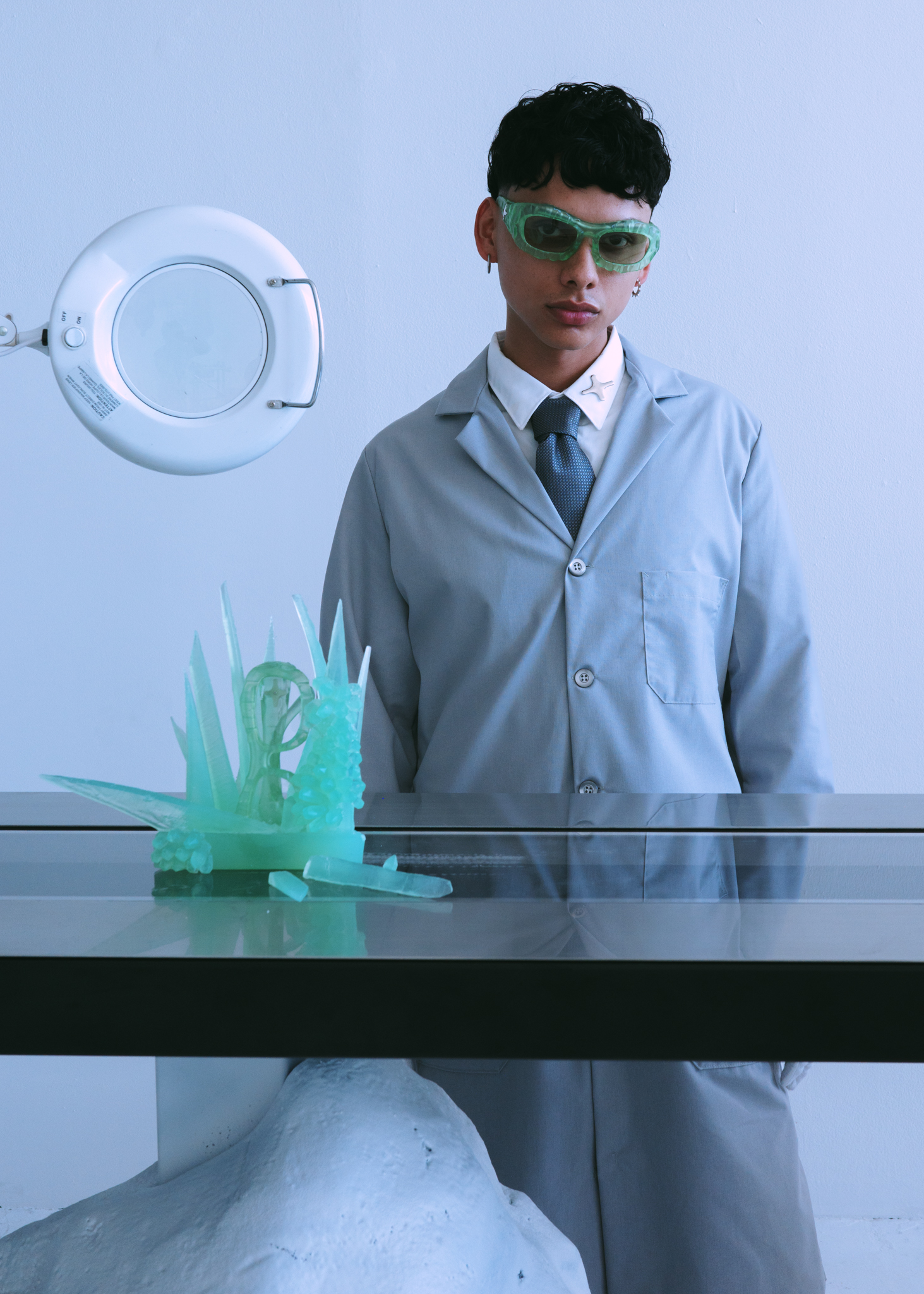
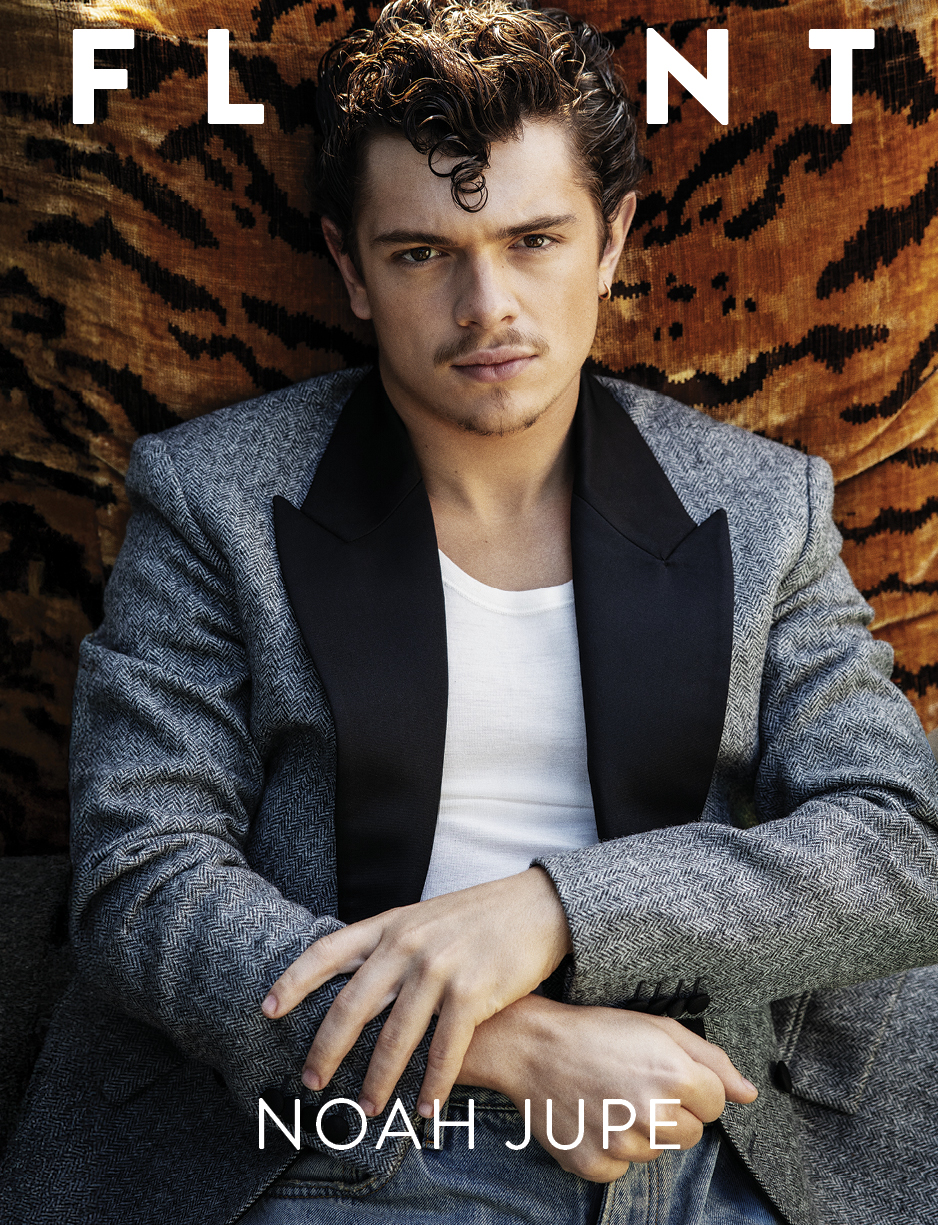
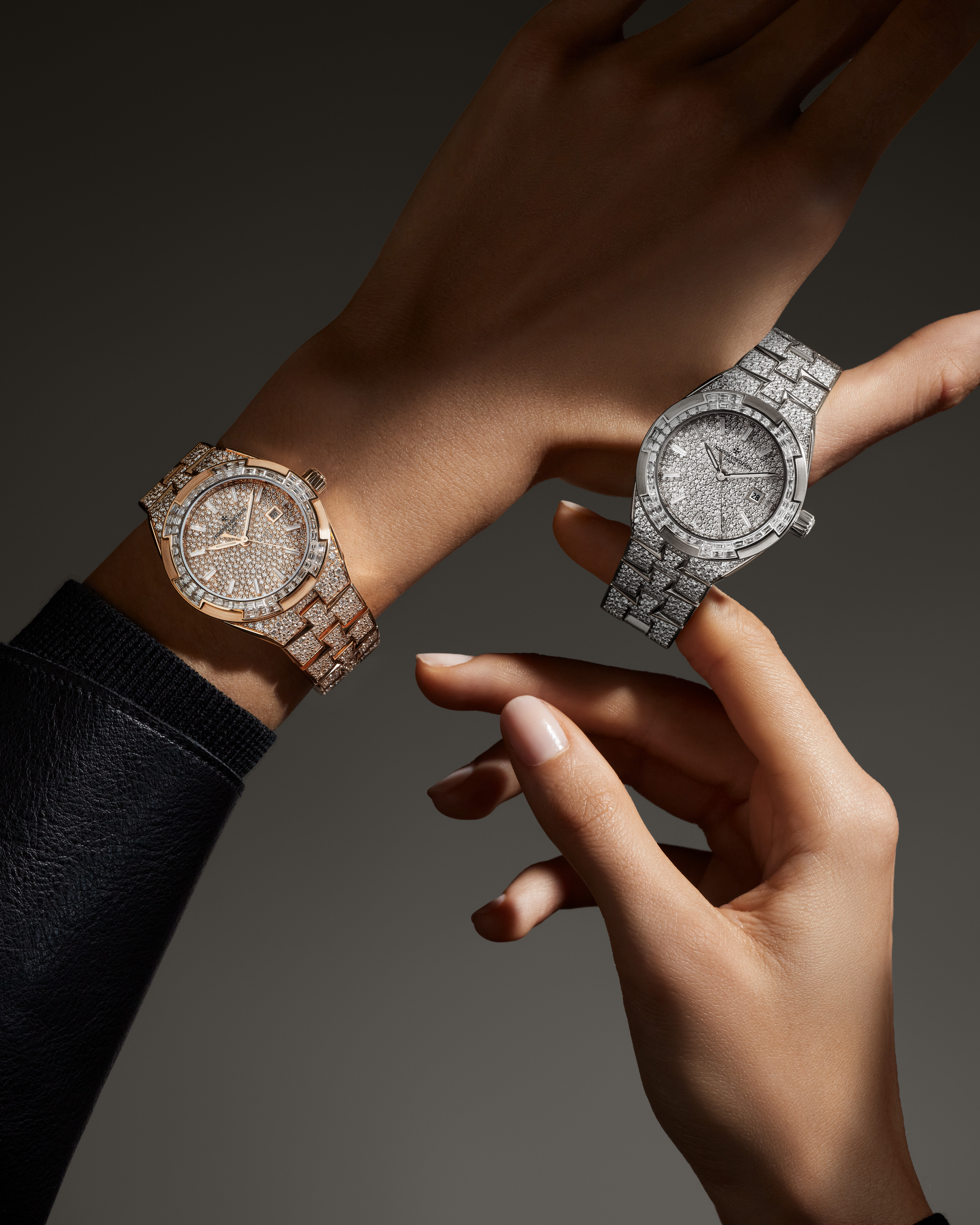
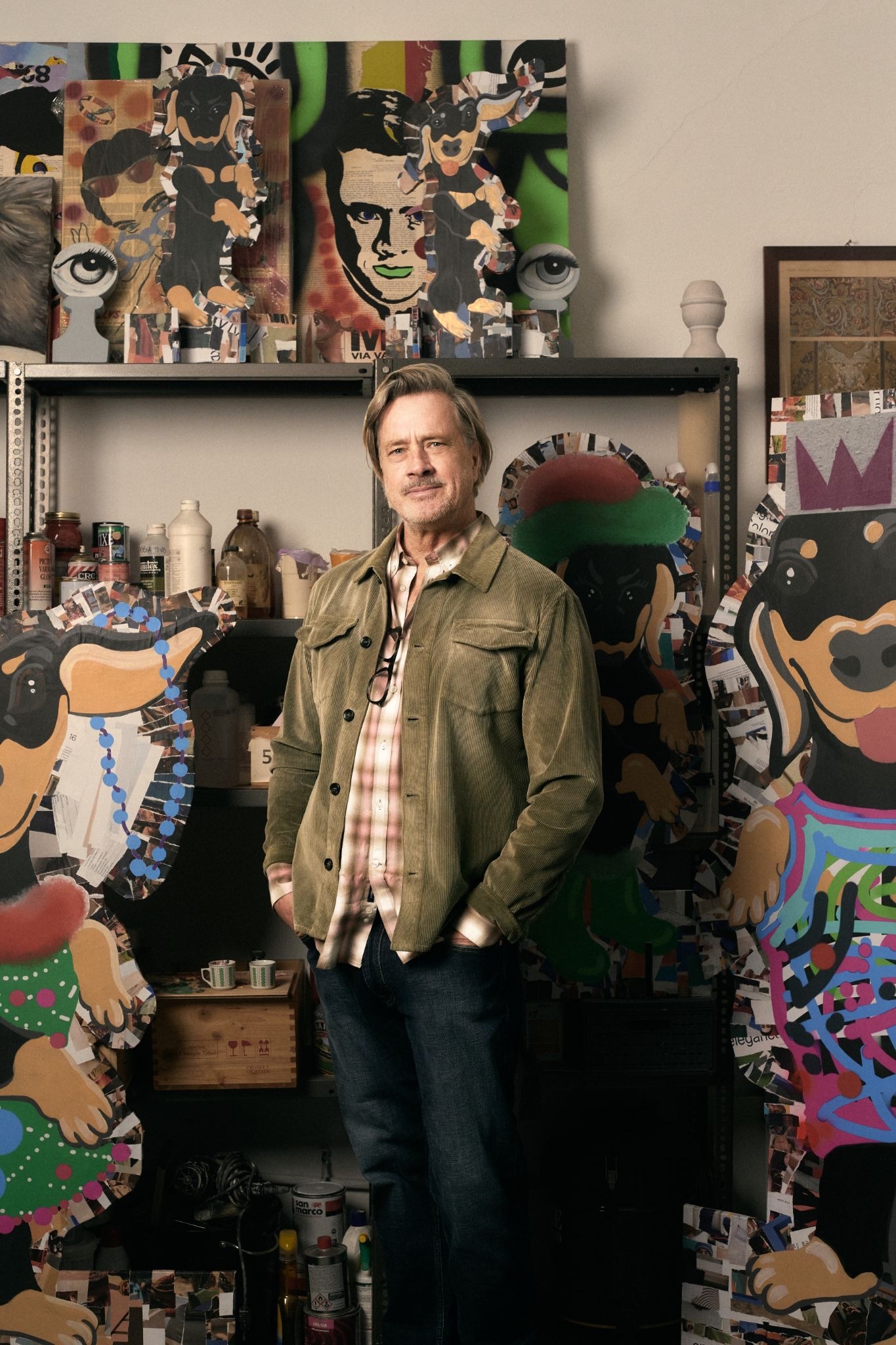
.JPG)
.jpg)
